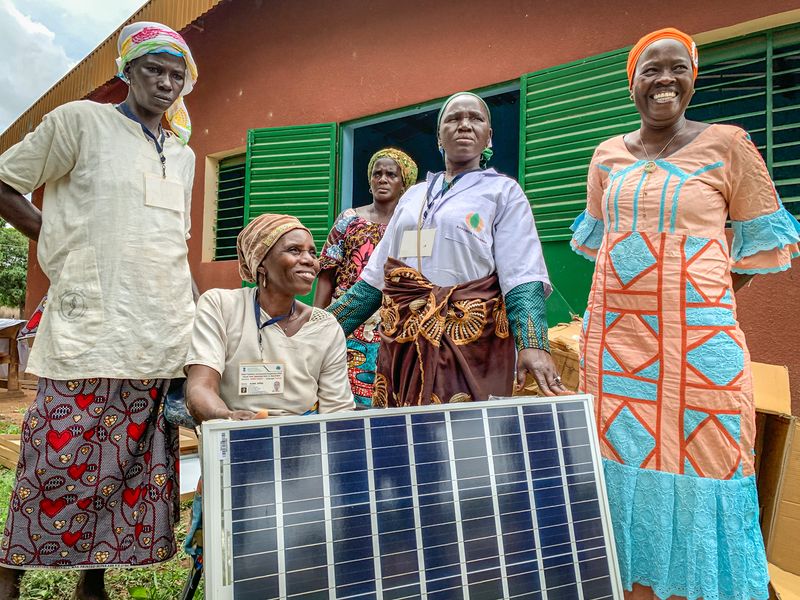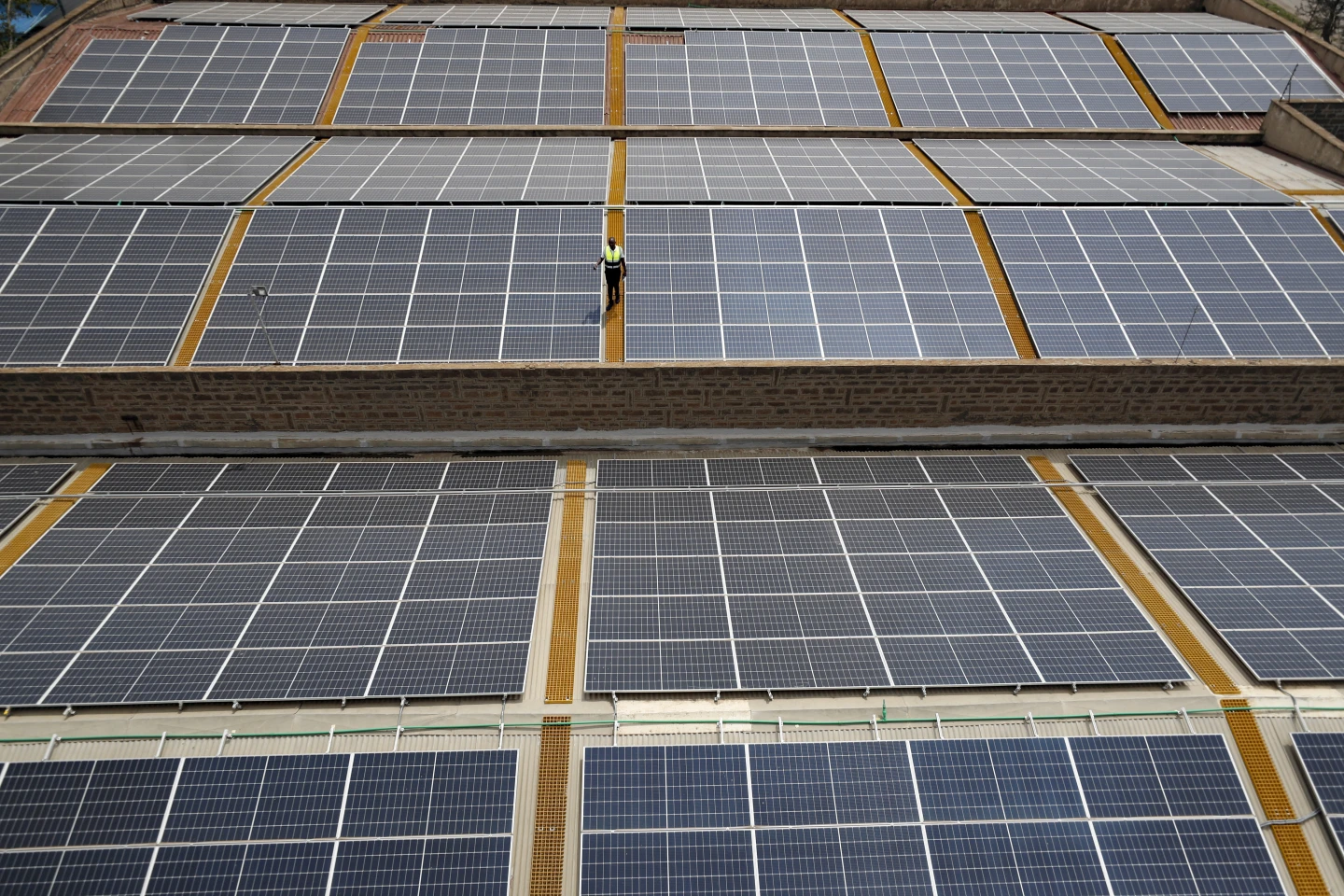South Africa’s solar industry is rapidly expanding, with renewable energy installed capacity now exceeding 12 GW, accounting for 20% of the nation’s total power capacity. In 2025, JUWI Renewable Energies will invest in new solar projects totaling 340 MW (0.34 GW) to serve mining, data center, and industrial giants, accelerating the country’s transition to clean energy. These projects are projected to reduce CO₂ emissions by 1 million tons annually, provide clean electricity to 200,000 households, and create over 2,000 jobs. Private-sector investments and policy reforms have emerged as pivotal drivers of South Africa’s energy transformation.
Key Drivers Behind South Africa’s Solar Growth
South Africa’s Renewable Energy Independent Power Producer Procurement Programme (REIPPPP), launched over a decade ago, laid the foundation for large-scale solar projects. In recent years, the residential, commercial, and industrial (C&I) solar sectors have also surged, driven by:
- Corporate power purchase agreements (PPAs) and innovative financing models, enabling businesses to secure low-cost electricity long-term;
- Integrated residential solar financing, such as bundling solar systems with home loans;
- Solar leasing programs making clean energy more accessible to small businesses and households;
- Declining global costs of solar panels and energy storage, improving installation economics;
- Persistent load-shedding pushing users to adopt decentralized solar systems;
- Government deregulation of large C&I solar project permits, facilitating electricity wheeling.
Currently, rooftop solar installations for homes and businesses exceed 6.1 GW, complemented by 6 GW of utility-scale renewable projects, bringing South Africa’s total solar capacity to over 12 GW. These installations are helping reduce reliance on highly polluting coal while lowering energy costs for businesses and households.
JUWI’s Three Major Solar Projects for 2025
JUWI Renewable Energies plans to develop three private solar projects in 2025, with a total investment of ZAR 6 billion (~USD 320 million) and a combined capacity of 340 MW:
- 120 MW Solar Project (Teraco Data Centres): Powering South Africa’s largest data center operator via electricity wheeling.
- 120 MW Solar Project (Sasol & Air Liquide): Developed by TotalEnergies, Mulilo, and Reatile Group for the chemical and gas industries.
- 100 MW Solar Project (Glencore Mine): Supplying clean energy to a ferrochrome smelter, developed in partnership with Pele Green Energy.
Once operational, these projects will annually:
- Generate 1 million MWh of clean electricity, enough for 200,000 households;
- Cut 1 million tons of CO₂ emissions, supporting South Africa’s climate goals;
- Create 2,000+ jobs, boosting green economic growth.
JUWI also revealed that it operates nine renewable energy projects across Africa, totaling 574 MW and delivering nearly 1 million MWh of clean energy annually.
Policy Reforms and the Future of South Africa’s Energy Sector
In 2025, the South African government enacted the Electricity Regulation Amendment Act and launched REIPPPP Bid Window 7, targeting 26 GW of new renewables by 2030 and annual additions of 6 GW for wind and solar.
Rethabile Melamu, CEO of the South African Photovoltaic Industry Association (SAPVIA), stated: “Achieving South Africa’s renewable energy and emission reduction goals hinges on private-sector investments. Coal remains dominant, making private solar projects like JUWI’s critical—they enhance energy security and strengthen South Africa’s global competitiveness.”
Although South Africa avoided major load-shedding for 300 days, recent power rationing by Eskom highlights ongoing grid instability. Thus, projects by independent power producers (IPPs) like JUWI are vital to bolstering the nation’s power supply.
New Energy Africa’s Perspective
South Africa’s renewable energy sector is at a historic inflection point, with private investment and policy reforms acting as dual engines for solar growth. JUWI’s projects not only alleviate energy shortages but also drive industrial modernization, lower costs, and accelerate the shift to a green economy. As global energy dynamics evolve, South Africa’s solar industry is emerging as a key benchmark for Africa’s energy revolution.



